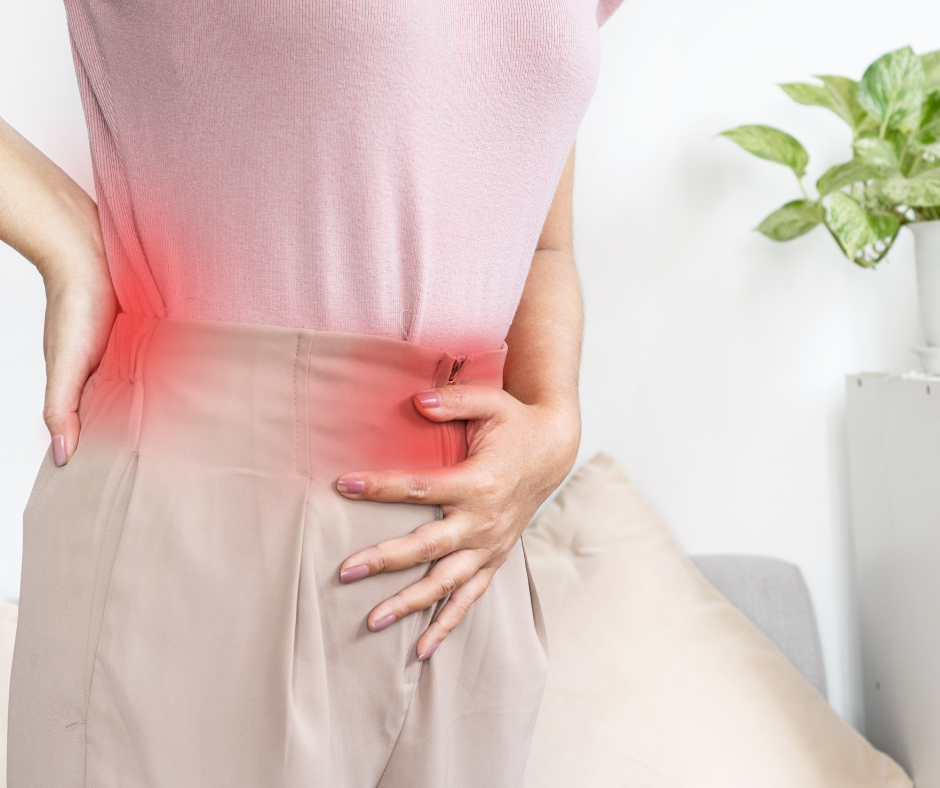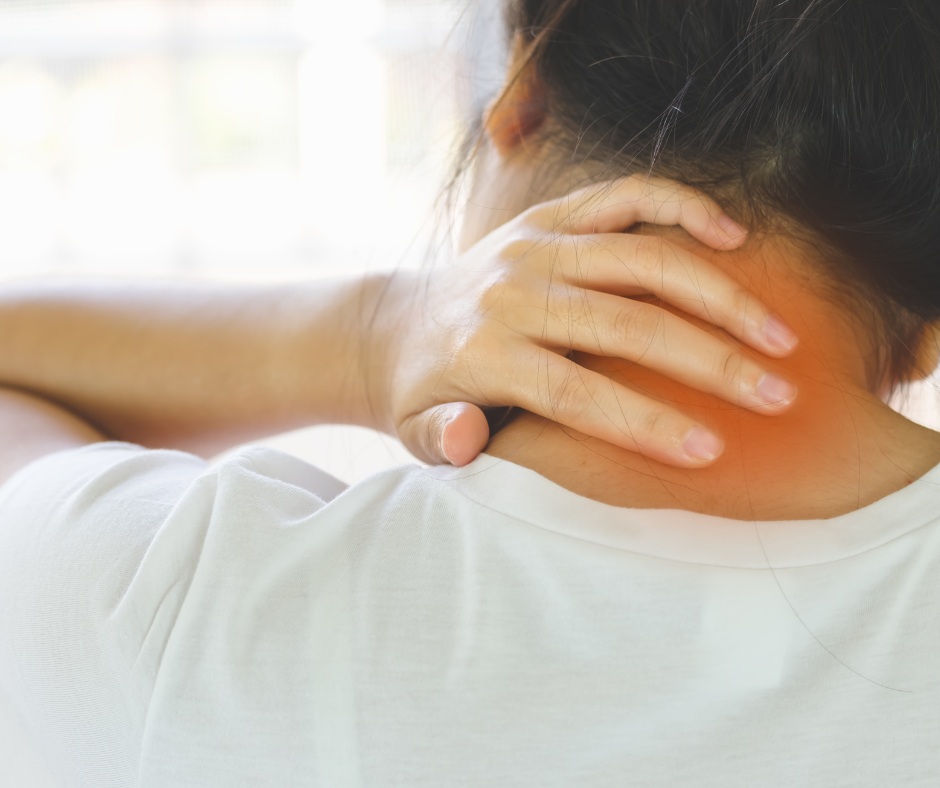Back pain is a common complaint that many of us experience at some point in our lives. However, when back pain is accompanied by stomach pain, it can be concerning and confusing. Are these two symptoms related, or is it just a coincidence? In this blog, we’ll explore the potential connection between back pain and stomach pain, the underlying causes, and what you can do to manage these symptoms effectively.
The Link Between Back Pain and Stomach Pain
Back pain and stomach pain are two symptoms that can sometimes occur together. While they are often treated as separate issues, there are instances where they can be interconnected. Here’s how:
1. Nerve Pathways
The nerves in our body are highly interconnected. The nerves that serve the muscles and organs in the abdomen also pass through the spine. If there is an issue with the spine, such as a herniated disc or spinal misalignment, it can irritate or compress these nerves, leading to referred pain in the stomach area. This type of pain is often described as sharp or cramping and can be mistaken for a stomach issue.
2. Muscle Strain
Muscle strain in the back, particularly in the lower back, can sometimes cause discomfort in the abdominal area. The muscles in the back and abdomen work together to support the spine and maintain posture. When the back muscles are strained or overworked, they can create tension in the abdominal muscles, leading to pain or discomfort.
3. Postural Problems
Poor posture, especially when sitting for long periods, can lead to both back pain and stomach discomfort. Slouching or hunching over can compress the organs in the abdomen, leading to pain or digestive issues such as bloating or discomfort. Additionally, poor posture can strain the muscles in the back, exacerbating back pain.
4. Referred Pain from Internal Organs
Sometimes, stomach pain that seems to be related to back pain can actually be referred pain from an internal organ. For example, conditions like kidney stones, pancreatitis, or gallbladder issues can cause pain that radiates to the back and abdomen. This type of pain is usually more severe and may be accompanied by other symptoms such as nausea, vomiting, or fever.
Common Conditions That Link Back and Stomach Pain
Several medical conditions can cause both back pain and stomach pain simultaneously. Understanding these conditions can help you determine whether your symptoms are related and when to seek medical advice.
1. Kidney Stones
Kidney stones are hard deposits of minerals and salts that form in the kidneys. When they move through the urinary tract, they can cause severe pain that radiates from the lower back to the abdomen and groin. This pain is often described as sharp and cramping.
2. Pancreatitis
Pancreatitis is inflammation of the pancreas, a gland located behind the stomach. This condition can cause intense pain in the upper abdomen that radiates to the back. The pain may worsen after eating, and other symptoms such as nausea, vomiting, and fever may also be present.
3. Gallbladder Disease
Problems with the gallbladder, such as gallstones or cholecystitis, can cause pain in the upper right abdomen that may radiate to the back, particularly between the shoulder blades. This pain can be severe and is often triggered by eating fatty foods.
4. Gastrointestinal Disorders
Conditions like irritable bowel syndrome (IBS), gastritis, or peptic ulcers can cause stomach pain that may also be felt in the back. These conditions often involve symptoms such as bloating, cramping, or indigestion.
5. Spinal Issues
Problems with the spine, such as herniated discs, spinal stenosis, or degenerative disc disease, can cause nerve compression that leads to both back pain and referred pain in the abdomen.
When to Seek Medical Advice
While occasional mild back pain or stomach pain may not be a cause for concern, it’s important to seek medical advice if you experience any of the following:
- Severe or sudden pain in the back or abdomen that does not improve with rest.
- Pain accompanied by other symptoms such as nausea, vomiting, fever, or changes in bowel habits.
- Unexplained weight loss or changes in appetite.
- Pain that radiates from the back to the abdomen or groin, especially if it is sharp or cramping.
These symptoms could indicate a more serious underlying condition that requires prompt medical attention.
Managing Back and Stomach Pain
If your back pain and stomach pain are related, addressing the underlying cause is key to managing both symptoms effectively. Here are some strategies that may help:
1. Practice Good Posture
Maintaining good posture can help alleviate both back and stomach pain. Sit up straight with your shoulders relaxed, and avoid slouching. If you spend long hours sitting, take breaks to stand up, stretch, and move around.
2. Stay Active
Regular physical activity can help strengthen the muscles in your back and abdomen, improving your posture and reducing pain. Low-impact exercises such as walking, swimming, or yoga can be particularly beneficial.
3. Manage Stress
Stress can exacerbate both back pain and digestive issues. Practising relaxation techniques such as deep breathing, meditation, or progressive muscle relaxation can help reduce tension and alleviate pain.
4. Consult an Osteopath
An osteopath can assess your symptoms and provide treatment to address both back and stomach pain. Osteopathic techniques such as spinal manipulation, soft tissue massage, and stretching can help relieve tension, improve alignment, and promote overall well-being.
Conclusion
Back pain and stomach pain can be interconnected in a variety of ways, from nerve compression to muscle strain or referred pain from internal organs. Understanding the potential links between these symptoms can help you identify the underlying cause and seek appropriate treatment. If you are experiencing persistent or severe pain, it’s important to consult a healthcare professional who can provide a thorough evaluation and recommend the best course of action. By addressing both the back and stomach pain, you can improve your comfort and quality of life.
If you would like to book and appointment with us, you can do so by clicking here.





